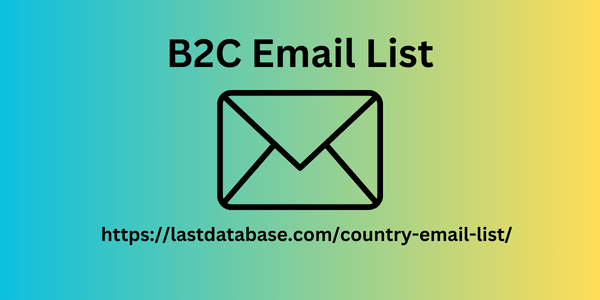When talking about content, many doubts may arise, since. with so many trends. methods, platforms and Google updates. it can be a bit overwhelming to keep up with it to achieve organic. positioning easily and. effectively. organic-google-positioning What is organic positioning? Organic positioning, also known as. SEO or natural positioning. refers to the traffic that a web page. receives from search engines. What is the objective of organic. positioning? The objective. of organic positioning is to increase the. quantity and quality of traffic that reaches a website through .search engines, such as Google. Bing or Yahoo. By optimizing a website. you aim to rank higher in search results for relevant. keywords, which can lead to more. visitors and, ultimately, more conversions. and leads.
Organic positioning involves a series of practices
Including keyword research, quality content creation. technical website optimization. quality link building, user B2C Email List experience improvement, and website tracking and analysis. performance. It is important to. note that organic positioning requires time and effort, as search engines constantly evaluate the. relevance and quality of websites. to provide more accurate and useful. results to users. Additionally, SEO practices must be ethical. and follow the guidelines set by. search engines to avoid potential penalties. But getting your web pages high in Google’s organic. search listings can be. a bit complex. Fortunately, there are some. fundamental strategies you can develop to start improving. your organic rankings. Read our blog. “I want to get my website ranked. better on.
How is organic positioning achieved?
We give you the basic keys that can. help you improve your organic positioning. 1. Create relevant content Create relevant and useful content that includes the identified. keywords and is optimized for search. engines. Below we present some of the. best practices you can follow AMER Data to achieve better. organic positioning: Research and select. relevant keywords: Before creating content. it is important to research and select relevant. keywords for the topic you are going to cover. Use keyword research tools to find the. right keywords. (Don’t worry, we will explain in. more detail in the next point). Write original and. quality content: the content must be. original and well written, without grammatical. or spelling errors. In addition. it must be useful and relevant to the target. audience and answer their questions or needs. Use headings and subheadings: organizing content is important.

